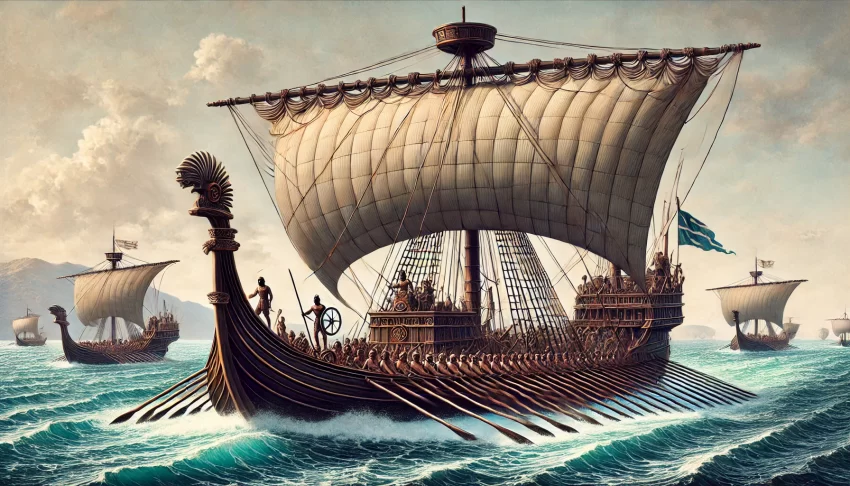Economic and Military Reforms
The period following the First Punic War, known as the First Interwar Period, was marked by significant economic and military reforms in both Rome and Carthage. In the wake of their grueling 23-year conflict, both powers recognized the necessity of rebuilding and reorganizing their resources and strategies to secure their futures. The Roman Republic, having emerged victorious, faced the dual challenges of managing its newly acquired territories and addressing the war’s economic impact. The indemnity imposed on Carthage brought a substantial influx of silver, but the prolonged warfare had strained Roman finances. To stabilize the economy, the Roman Senate implemented several measures, including restructuring debt and investing in infrastructure projects such as roads and harbors. These initiatives not only facilitated trade but also helped integrate the new provinces into the Roman economic sphere. Military reforms were equally crucial.
The Roman legions, though triumphant, required significant reorganization. The establishment of a more permanent standing army and the introduction of a more systematic approach to recruitment and training were pivotal changes. These reforms ensured that the Roman military could respond more effectively to future threats and maintain control over its expanding territories. Meanwhile, Carthage, despite its defeat, undertook a series of reforms to recover and strengthen its position. The Carthaginian economy, heavily reliant on trade, suffered greatly due to the war. To revive it, Carthage focused on expanding its trade networks, particularly in Africa and Spain, and invested in agricultural development. The military reforms in Carthage were equally significant.
Recognizing the need for a more reliable and loyal fighting force, Carthage reduced its dependence on foreign mercenaries and began to develop a citizen militia. This period also saw the fortification of key cities and the construction of a powerful navy, laying the groundwork for Carthage’s resurgence as a formidable power in the Mediterranean. Both Rome and Carthage emerged from the First Interwar Period with strengthened economies and reformed military structures, setting the stage for their continued rivalry and the eventual outbreak of the Second Punic War.
 |
 |


